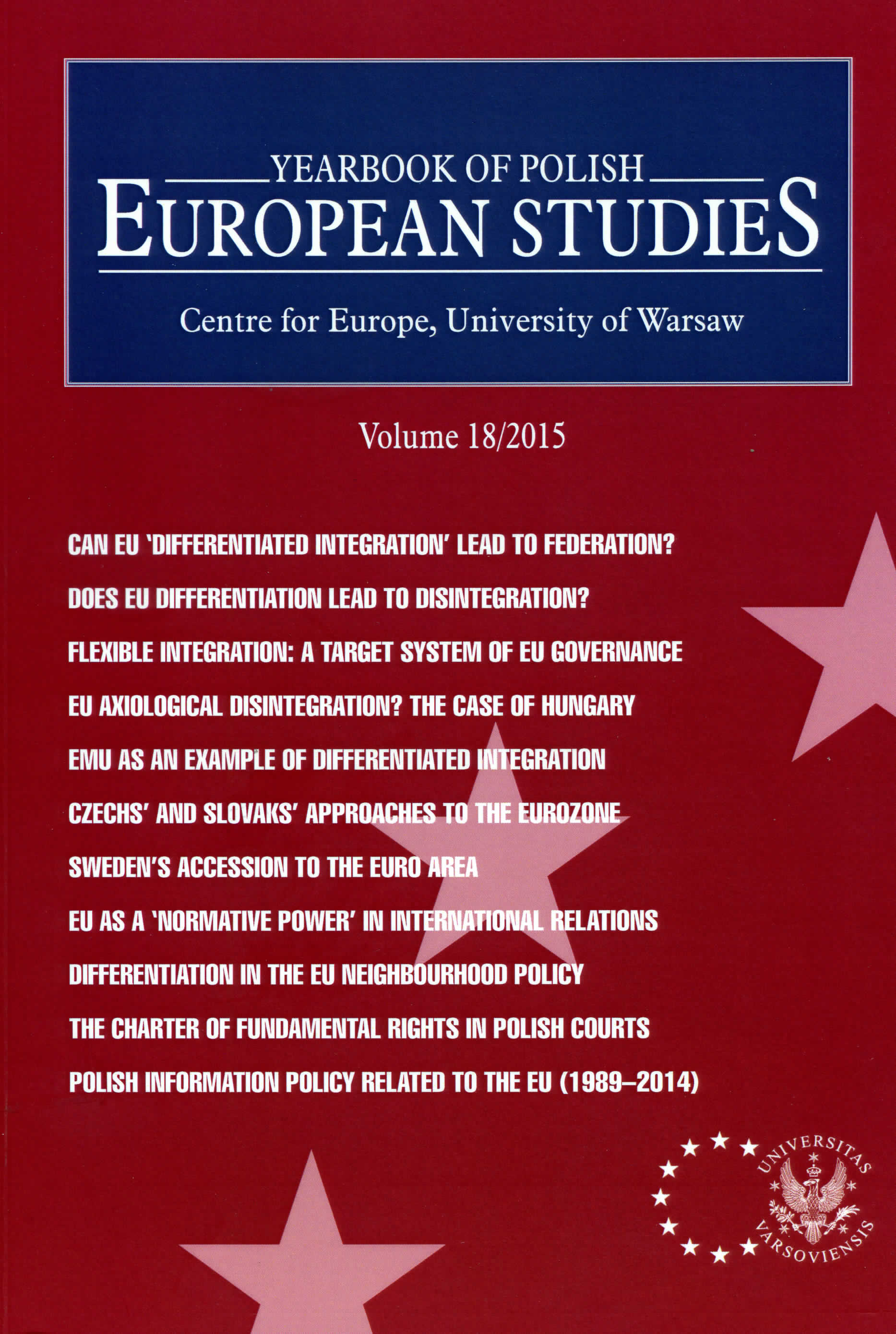Rotating Council Presidency within the Post-Lisbon Institutional Dynamics: Politically Irrelevant?
Rotating Council Presidency within the Post-Lisbon Institutional Dynamics: Politically Irrelevant?
Author(s): Agnieszka K. CianciaraSubject(s): Politics / Political Sciences
Published by: Centrum Europejskie Uniwersytetu Warszawskiego
Keywords: EU presidency; European Council; Treaty of Lisbon
Summary/Abstract: The Lisbon Treaty introduced important changes that deeply affect the EU’s institutional balance with regard to the nature and political relevance of the Council Presidency. Formal competences of the Presidency, especially with regard to the European Council and Foreign Affairs Council, have been greatly reduced. In addition to the treaty changes, the impact of the Presidency can be further constrained by the political realities and challenges facing the Union. However, there is still room for the rotating Presidency to exert informal influence based on various resources at the disposal of the Member State exercising the function. The growing fragmentation, and the emergence of the hybrid ‘presidency network’ are analysed in this article primarily on the basis of the Polish experience in 2011.
Journal: Yearbook of Polish European Studies
- Issue Year: 2012
- Issue No: 15
- Page Range: 27-42
- Page Count: 16
- Language: English

